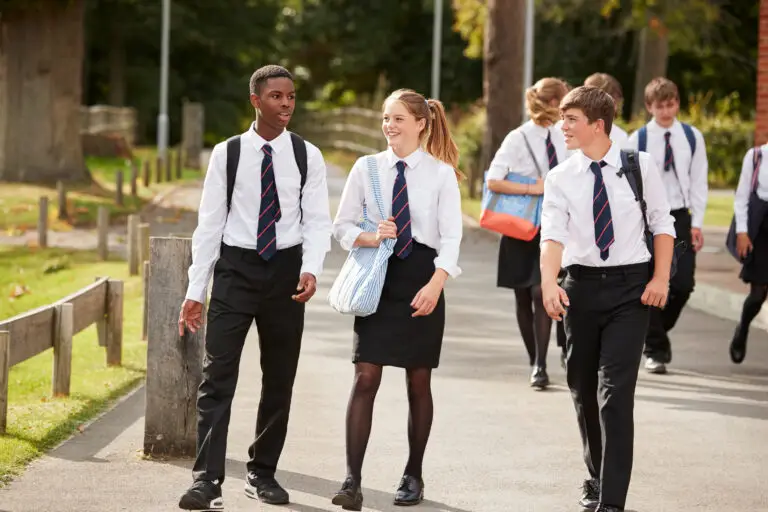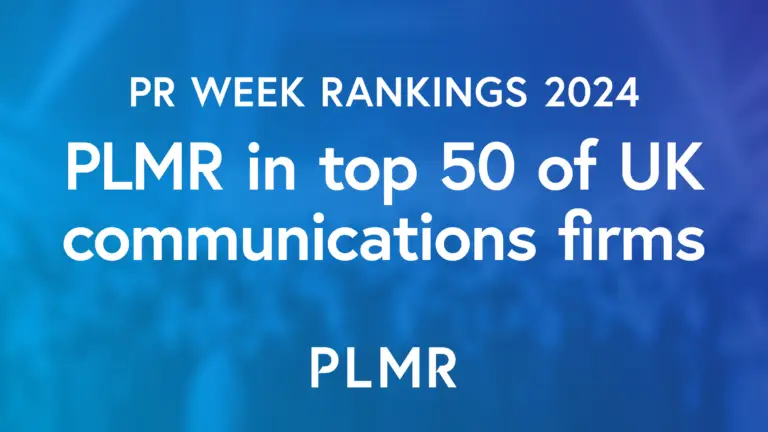Looking back at party conference season, one of the hot topics of debate in education was around independent schools.
There are currently 2,500 schools in England and Wales which are fee-paying and function independently of Local Authority or government control. About half of these are registered as charities and cannot operate for a profit but are eligible, like all charities, to claim some tax exemptions on elements such as donations and business rates.
This arrangement is supported by the Government. Prime Minister Rishi Sunak, having attended an independent boys’ boarding school himself, has spoken out clearly in favour of independent schools keeping their charitable status and their VAT exemptions.
However, the Labour Party has made its stance on independent schools clear. Should Labour lead the next government, they would require independent schools to pay VAT on school fees, claiming this will raise £1.7 billion which would go to the state school system. According to a party spokesman, this money would “fund recruitment of over 6,500 more teachers and put access to mental health counselling in every school.” This is a long-standing mission of the Party, having laid out similar proposals in its manifestos in 1983, 2017 and 2019. Indeed, Labour’s proposed school policies hinge on being funded by the £1.7 billion the Party says this policy would raise.
Sir Keir Starmer, Leader of the Labour Party, has said: “We have to do something about the appalling state of our schools… It is not an attack on private schools. It’s just saying an exemption you have had is going to go.”
Conversely, Mr Sunak said that Labour “don’t understand the aspiration that people have to provide a better life for their kids. They want to punish them for that as part of some class war. I don’t think that is right.” The Liberal Democrats also said it would not support imposing VAT on independent schools – an interesting development should there be a hung parliament.
The schools most significantly impacted are likely to be small and specialised independent schools, for example, faith-based independent schools or those that have expertise in provision for pupils with special educational needs. Julie Robinson, Chief Executive of the Independent Schools Council, says that “Labour’s proposal to charge VAT on independent school fees will have the greatest impact on the families who work the hardest to pay the fees. Ultimately, the policy would threaten the survival of the smallest independent schools, which operate on tight margins and without large endowments. Most independent schools have fewer than 400 pupils on roll, and these small schools, serving their local communities, would be at risk of closure.”
Further to this, Ms Robinson stated: “If Labour takes away the tax relief associated with charitable status for independent schools, the policy would create a two-tier system within the charity sector, setting a worrying precedent that any charity seen as not reflecting the political ideology of the day could be subject to additional taxes.”
But Labour remains as committed as ever to their policy, with Shadow Secretary of State for Education Bridget Phillipson renewing the Party’s promise to end what she called “tax breaks” for independent schools. She stated that the leading aim of the Party is to ensure that background will be no barrier to opportunity and that education would be the key to this.
Since then, The Independent reported schools may be able to reclaim the tax on building and refurbishment projects costing more than £250,000 from as far back as 10 years ago. However, today, The Telegraph reported Labour would block the schools from making any historical claims before the new tax comes into force. This has caused concern for the independent schools sector as it would face harsher VAT conditions than any other body that starts paying VAT and, according to a legal expert quoted in The Telegraph, would go against VAT law as it is written at the moment. A Labour spokesman responded: “We believe this is a fair and proportionate change to invest in excellent state education for every child.”
In addition, the think tank EDSK’s research questioned the credibility of Labour’s figures and suggests the policy may not raise as much as expected when taking into consideration the number of pupils who may be forced to leave independent education because their parents can no longer afford fees that are 20% higher, and join an already at-capacity secondary school system. A survey of parents by the Independent Schools Council found that 20 per cent said they would “definitely” withdraw their children from their independent school if VAT was added to fees, costing the government about £600m a year in additional spending on state schools.
While the feasibilities of Labour’s proposed removal of the VAT exemption, and their funding back-up plan for their wider schools policies if this policy doesn’t work, are not yet known, what is clear is that independent schools will be a feature in the next general election.





